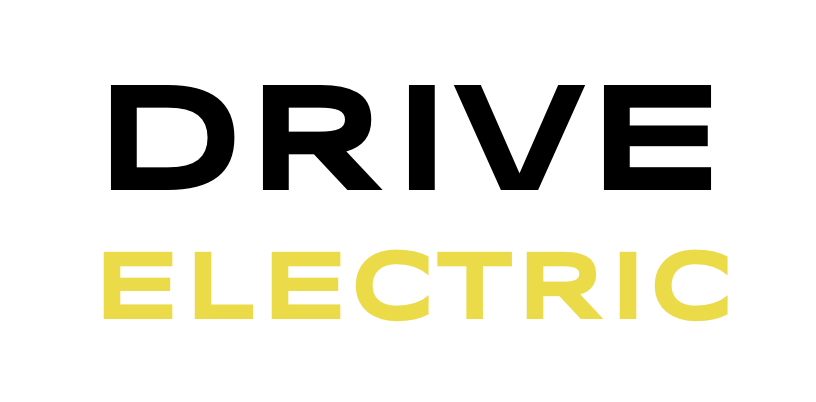Construction of the 1MW supercharger network will commence in the second quarter of 2026, BYD has announced.
The world’s largest manufacturer of electric cars, China’s BYD, will build a nationwide network of super high-speed vehicle charging stations in South Africa, TechCentral can reveal.
BYD executive vice president Stella Li, who has been credited with leading BYD’s rapid expansion outside China, disclosed the company’s plans in an interview with TechCentral in Johannesburg on Thursday.
The investment marks perhaps the biggest development in South Africa’s nascent electric vehicle industry to date and demonstrates clearly the growing ambition of Chinese automotive manufacturers like BYD in grabbing a growing slice of the local new-vehicle market, challenging established brands such as Toyota, Volkswagen and Ford.
BYD’s Megawatt Flash Chargers, first announced earlier this year and now being deployed in China, will – at up to 1MW of power output per vehicle – be the fastest EV charging stations ever deployed in South Africa.
The new EV chargers will be able to provide as much as 400km of range to a vehicle in about five minutes, equivalent to the refuelling time for a traditional petrol- or diesel-powered vehicle.
They will use a combination of grid electricity and clean solar power, Li said. She didn’t disclose the quantum of the planned investment. Her announcement comes a month after BYD and Eskom signed a memorandum of cooperation aimed at advancing electric mobility in South Africa, while supporting the launch of the car maker’s new compact all-electric model, the Dolphin Surf.
Countrywide coverage
Only the very latest EV models will be able to take advantage of the full power output of the new charging stations, including models from BYD, although all EV owners should benefit from improved charging speeds.
Li said BYD plans to deploy the first Flash charging stations at its rapidly expanding dealer network around the country, which it plans to nearly triple in size by the end of next year, expanding beyond the main metros into smaller cities and towns. “We want to cover 100% of the country,” she told TechCentral in Thursday’s interview.
Installation of the charging stations will begin in April or May 2026 at BYD’s dealerships, but will soon be expanded to strategic sites along the country’s national highways.
“By the end of next year, we will have 200 or 300 Flash charging stations in South Africa,” Li said. Not all the sites will be solar powered, especially where there is sufficient grid capacity already available, but having solar as an option will allow BYD to build infrastructure outside the main urban centres, Li explained.
The highway sites will offer megawatt-scale charging, too, Li confirmed. The company also plans to build charging stations in urban centres (beyond its dealership roll-out) in strategic, high-trafficked locations.
Li said BYD is still a relatively new player in South Africa, but made it clear the company has big plans for the local market. These include offering home solar and battery infrastructure to homeowners, allowing BYD owners to minimise their reliance on grid-supplied power to charge their vehicles and even their homes.
Asked whether BYD has plans to build vehicle or battery manufacturing facilities in South Africa, Li said: “Not at this point; we are too new to the market. We only invest [in manufacturing plants] where we have a big market. We are new here; we still need to understand [the market more fully].”
However, she encouraged the South African government to review the high import taxes levied on EVs relative to internal combustion engine vehicles, which attract lower duties, and stop “punishing” EV buyers. It should also consider other incentives and subsidies to drive EV adoption in the country.
“South Africa is a very important market [for BYD],” Li told TechCentral. “It is the biggest [vehicle] market in the whole African continent, [so] we need to focus here. Once we start here, you can duplicate the story into other African countries.”
Full article HERE
(source: TechCentral)

